Are you concerned about the well-being of your elderly loved ones when you're not nearby? It’s completely natural to want to ensure their safety and comfort, especially as they age. Elderly monitoring systems offer an effective solution, allowing you to stay connected and provide the care they need, even from a distance.
These systems can monitor vital signs, detect falls, and send emergency alerts, offering peace of mind for both seniors and their families. In this guide, we’ll help you choose the right elderly monitoring system, focusing on key features and factors that matter most to ensure the best care for your loved ones. Also check out our
hot sellers from the last
30 days:
Motion Detection Cameras
Why Home Monitoring Devices Matter for Safety and Care
As our loved ones age, maintaining their safety and well-being becomes a top priority. In-home
monitoring devices play a crucial role in ensuring that seniors can live independently while still receiving the care and attention they need. These devices provide real-time information about their health, safety, and overall condition, offering invaluable peace of mind to both seniors and their families.
1.Enhancing Safety
One of the primary reasons home monitoring devices are so important is their ability to detect potential hazards. Fall detection systems, for example, can immediately alert caregivers or family members if a fall occurs, allowing for quick intervention. Motion sensors can track activity levels, ensuring that seniors are moving around safely within their homes, and providing early warnings if something is amiss.
2.Continuous Health Monitoring
Monitoring devices can also track vital signs like heart rate, blood pressure, or blood sugar levels, helping caregivers stay on top of any health concerns. Many systems can even notify healthcare providers in case of abnormal readings, facilitating proactive care and reducing the risk of emergencies.
3.Emergency Alerts and Communication
In the event of an emergency, home monitoring devices can send alerts to designated contacts or even emergency services. Whether it’s a fall, a sudden health issue, or a safety concern, these devices act as a lifeline for immediate assistance. Some systems also allow seniors to communicate directly with caregivers or emergency responders, even from a distance.
4.Promoting Independence:
Home monitoring devices allow seniors to maintain their independence while providing the support they need. By offering real-time data and remote monitoring capabilities, these systems help caregivers feel connected and informed without being physically present at all times. This balance between independence and safety is essential for seniors who wish to age in place.
5.Peace of Mind for Families and Caregivers:
The emotional toll of worrying about a loved one's safety can be overwhelming. With home monitoring devices in place, families and caregivers can rest assured that they are staying informed and able to intervene when necessary. Knowing that there is a system in place to help monitor their loved one's health and safety can greatly reduce stress and anxiety.
What Features to Look for in Senior Monitoring Devices
Choosing the right senior monitoring device is crucial for ensuring your loved one's safety and well-being. With various options available, it’s important to focus on features that best meet their needs. Here are key features to consider when selecting a
senior monitoring device:
1.Fall Detection and 24/7 Emergency Alerts
Both fall detection and emergency alert systems serve similar purposes in providing immediate assistance during a crisis. By combining these features, seniors can have real-time help at the touch of a button, whether it's after a fall or in any emergency. This integration ensures that caregivers and emergency services are notified instantly, even if the senior cannot communicate themselves.
2.Health Monitoring Capabilities & Motion Sensors/Activity Tracking
Health monitoring and motion sensors work hand in hand to track the senior's well-being. Devices with health sensors that track vital signs like heart rate, blood pressure, and oxygen levels can alert caregivers to potential health issues, while motion sensors can detect changes in activity patterns, helping caregivers monitor general mobility and health. Together, they provide a comprehensive view of the senior's health and daily activity, enabling proactive care.
3.GPS Tracking and Two-Way Communication
For seniors who are prone to wandering, GPS tracking and two-way communication features are particularly valuable.
GPS allows caregivers to locate the senior if they wander, while two-way communication enables them to speak directly with the senior, offering reassurance or assistance when needed. These two features together enhance safety and provide a means of staying connected, regardless of location.
4.Easy-to-Use Interface & Battery Life
Devices that are easy to use and maintain a long battery life are essential for seniors who may not be tech-savvy. An intuitive interface combined with a reliable battery ensures that the monitoring device is simple for the senior to use and can remain operational without constant maintenance, reducing the risk of lapses in monitoring.
Consider the Type of Monitoring System

When selecting a senior monitoring device, it's essential to consider the type of system that best suits your loved one's needs and lifestyle. Different systems offer various levels of monitoring and functionality. Here are the main types of monitoring systems to consider:
Wearable Devices
Wearable devices, such as smartwatches, pendants, or bracelets, are designed to be worn throughout the day. These devices typically include fall detection, emergency alerts, and health monitoring features. Wearables are ideal for seniors who are active and mobile, as they allow for continuous monitoring while offering easy access to emergency assistance if needed.
Home-Based Systems
Home-based systems include sensors, cameras, and motion detectors that are placed around the home to monitor the senior's environment. These systems can detect falls, unusual activity, or lack of movement. Some systems also feature video calls or voice assistants, allowing seniors to communicate easily with caregivers. These are best for seniors who prefer to stay in one place and need monitoring within their homes.
Mobile Monitoring Systems
Mobile apps that track health metrics, location, and activity can be useful for seniors who are on the go. These apps, often paired with a smartphone or other devices, can send real-time updates to caregivers or family members. Mobile monitoring is suitable for seniors who maintain an active lifestyle and need on-the-go tracking.
Combined Systems
Some systems integrate both wearable devices and home-based technology for comprehensive coverage. These multi-functional systems offer the benefits of monitoring health and activity both at home and when out in the community. Combined systems provide greater flexibility and ensure that your loved one is consistently monitored.
Example: aosu SolarCam System aosu offers a comprehensive home-based monitoring solution with its
SolarCam system. This system features 2K resolution cameras with 360° panoramic views, AI-powered human tracking, and color night vision. The cameras are solar-powered, ensuring continuous operation without the need for battery replacements. The system also includes motion detection, two-way audio, and local storage capabilities, allowing caregivers to monitor their loved ones remotely via the aosu mobile app.
Conclusion
Choosing the right elderly monitoring system is an essential step in ensuring your loved one's safety, health, and peace of mind. By considering factors such as device compatibility, privacy concerns, and the key features that match their needs, you can make an informed decision.
Don’t wait until it’s too late—take action today to invest in a reliable monitoring system that can offer both you and your loved one the security and support they deserve. Explore the options available, and choose the system that best suits their lifestyle and health requirements. Your loved one’s well-being is too important to leave to chance.
FAQs
Is the monitoring system compatible with other devices? Ensure the system works with existing smart home devices like smart speakers, security cameras, or home automation tools. Many systems integrate with Amazon Alexa or Google Assistant, offering voice control and greater convenience.
How do I ensure my loved one's privacy and security with a monitoring system? Choose systems with strong data encryption, secure cloud storage, and compliance with privacy regulations like
HIPAA. Review the provider's privacy policy to understand how personal data is handled and opt for devices with local storage options to enhance control over sensitive information.
What is an elderly monitoring system?
An elderly monitoring system is a device or set of devices designed to ensure the safety and well-being of seniors, especially those living alone. These systems can include medical alert devices, fall detection sensors, health monitoring tools, and home-based surveillance systems.
What Are the Best Elderly Monitoring Systems to Protect Loved Ones?
The best elderly monitoring systems combine reliability, ease of use, and safety features like fall detection, health tracking, and emergency alerts. Leading options integrate smart technology to provide real-time updates, ensuring loved ones remain safe and independent. Some systems, like aosu, offer AI-enabled monitoring for enhanced peace of mind.
How Do Wearable Devices Help Ensure Elderly Safety?
Wearable devices for elderly safety track movement, heart rate, and location, sending instant alerts in emergencies. Devices often include fall detection and GPS tracking, allowing seniors to stay independent while families monitor remotely. They are lightweight, user-friendly, and provide reassurance for both seniors and caregivers.
Which Home-Based Elderly Monitoring Systems Are Most Effective?
Home-based elderly monitoring systems use sensors, cameras, and alert systems to monitor daily activity and detect emergencies. Smart systems track routines, provide notifications, and ensure quick response during incidents. Choosing systems with intuitive interfaces ensures both seniors and families benefit from reliable home protection.
What Are the Key Features to Look for in Elderly Monitoring Systems?
Key features for elderly monitoring systems include fall detection, remote access, emergency alerts, health tracking, user-friendly design, and 24/7 monitoring. Reliable notifications and integration with smart devices enhance safety and independence, giving families peace of mind while respecting seniors’ privacy.
How Do Emergency Alert Systems Keep Seniors Safe?
Emergency alert systems provide instant notifications during falls, health crises, or unusual activity. They allow seniors to call for help immediately, either via wearable devices or home-based systems. These systems are essential for independent living and ensure a fast response when seconds matter.
What Remote Monitoring Options Are Available for Elderly Care?
Remote monitoring options include smartphone apps, smart cameras, and AI-enabled alerts that track health, safety, and activity. Families can monitor seniors in real-time, receive notifications, and respond promptly. Some advanced systems, like those by aosu, combine intuitive interfaces with automated alerts for peace of mind.
How Do You Choose the Right Elderly Monitoring System for Loved Ones?
To choose the right elderly monitoring system, assess health needs, living situation, ease of use, and emergency response features. Compare devices for reliability, alerts, and integration with smart home systems. Selecting a system that fits lifestyle ensures safety without compromising independence.
Which Affordable Elderly Monitoring Solutions Actually Work?
Affordable elderly monitoring solutions include budget-friendly wearables, sensors, and home-based systems with essential features like fall detection, alerts, and remote monitoring. Low-cost options provide practical safety without sacrificing quality, allowing families to protect loved ones while staying within budget.




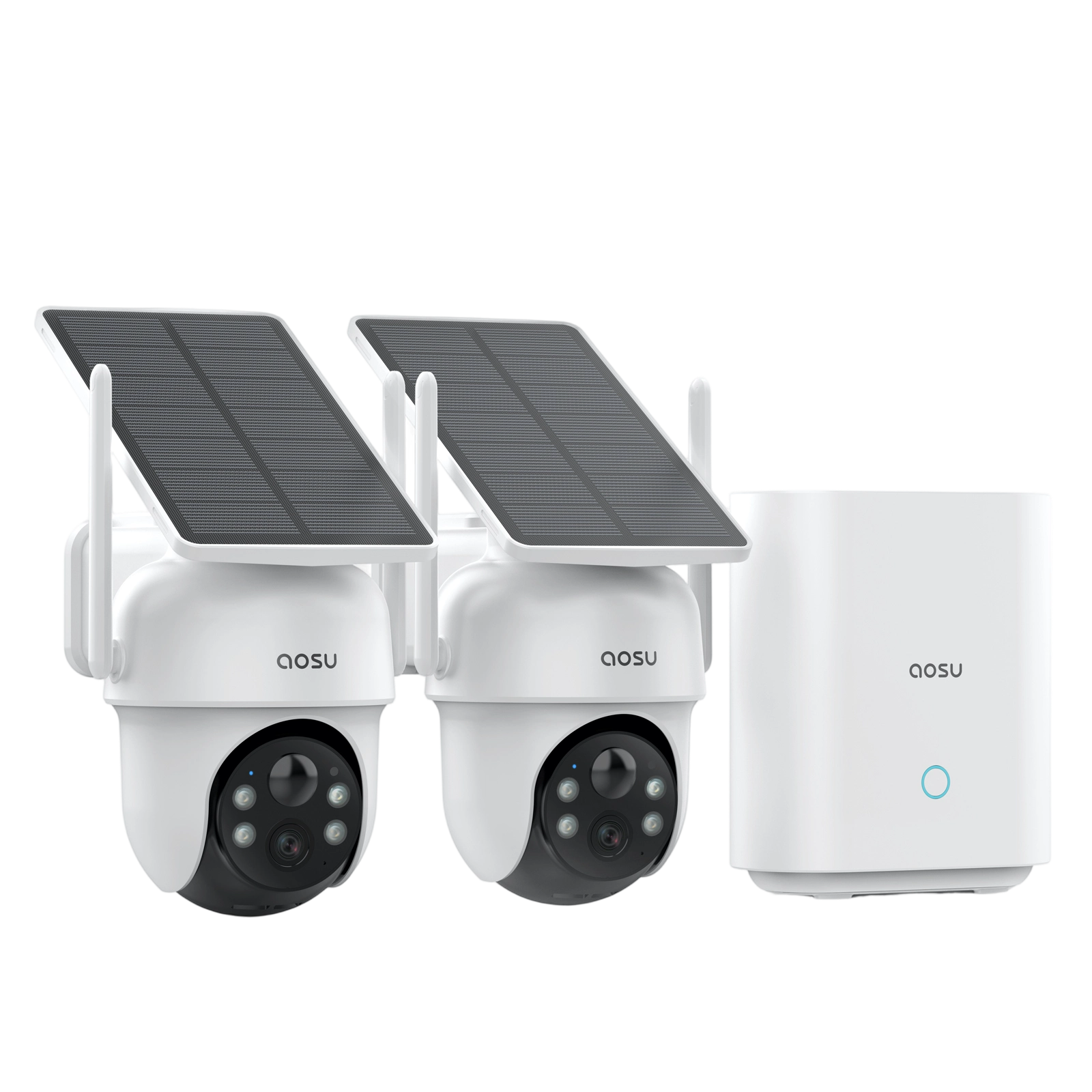
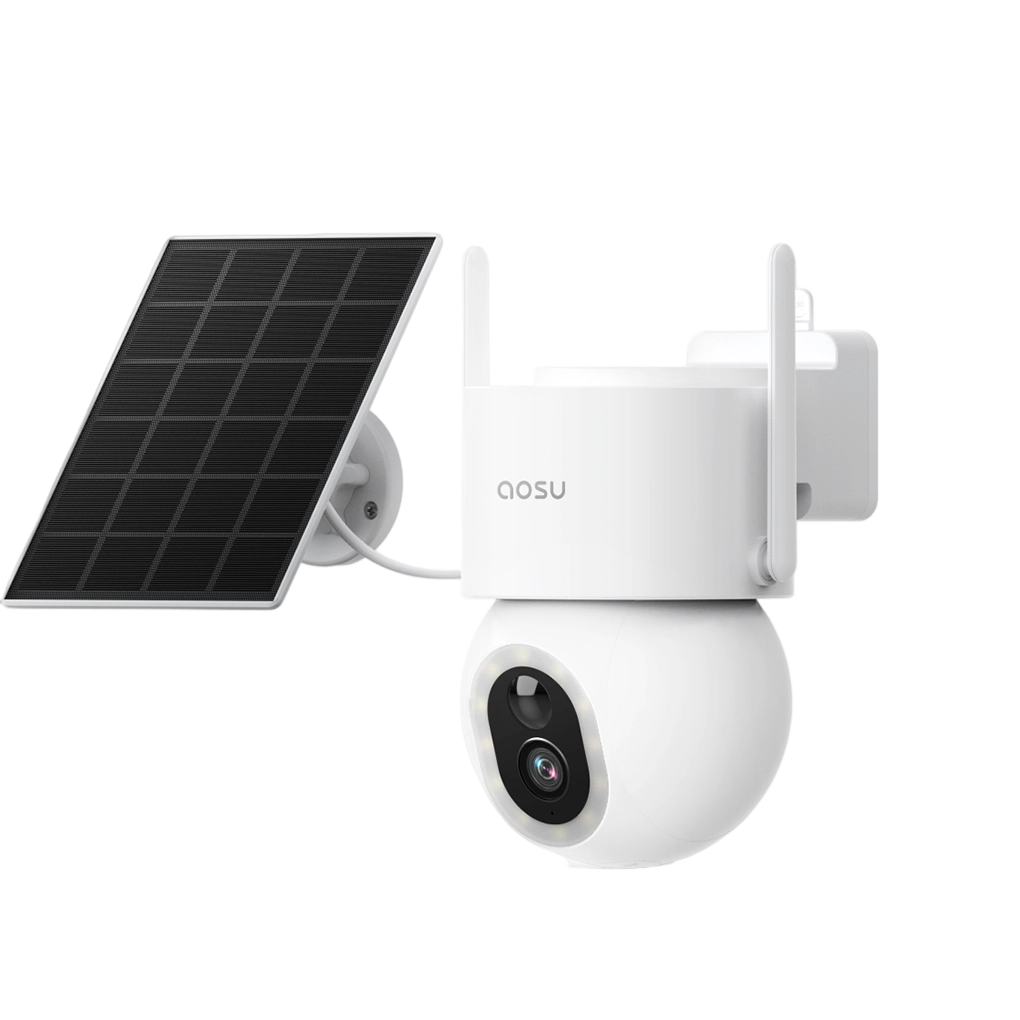
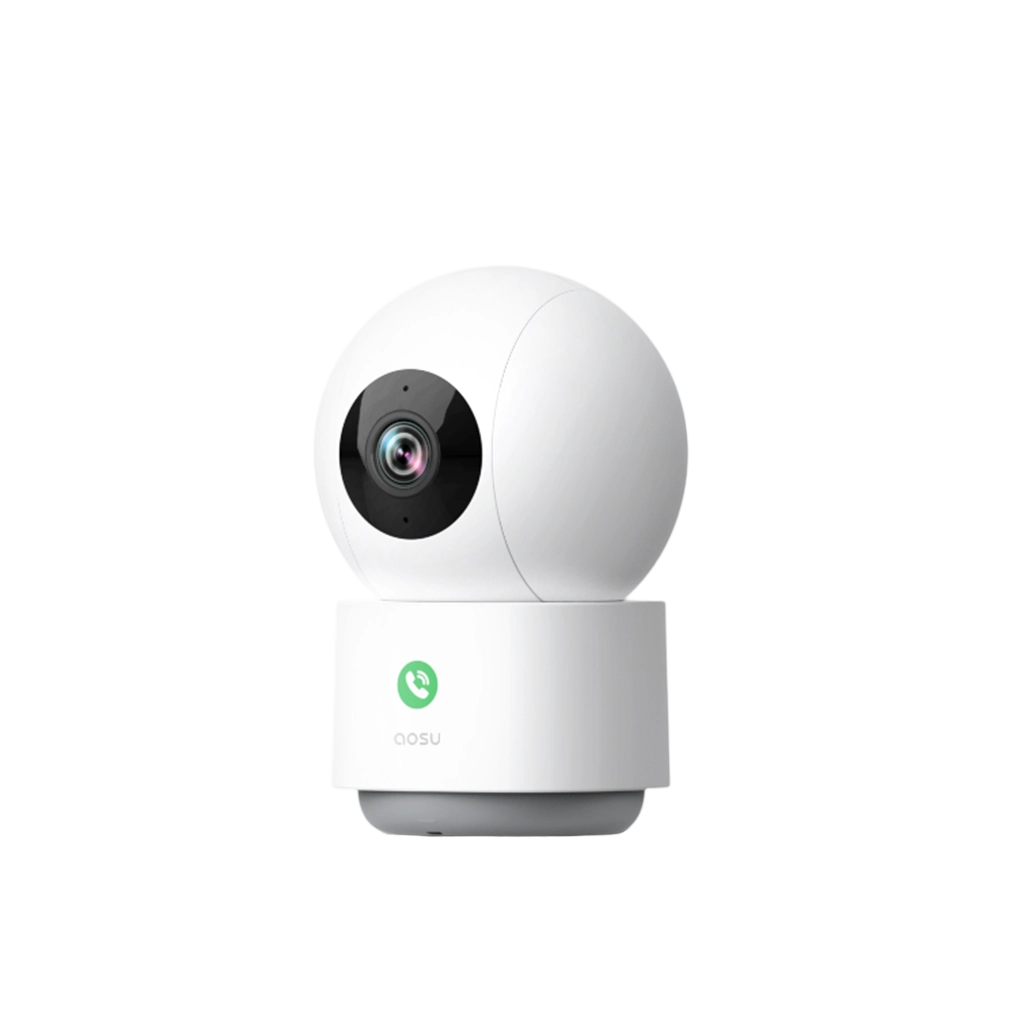
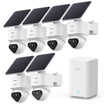
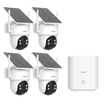
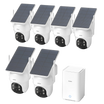
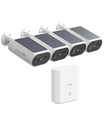
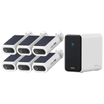
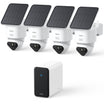
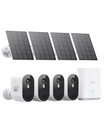

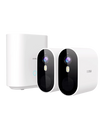
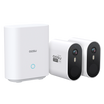
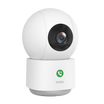
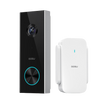
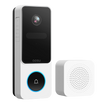

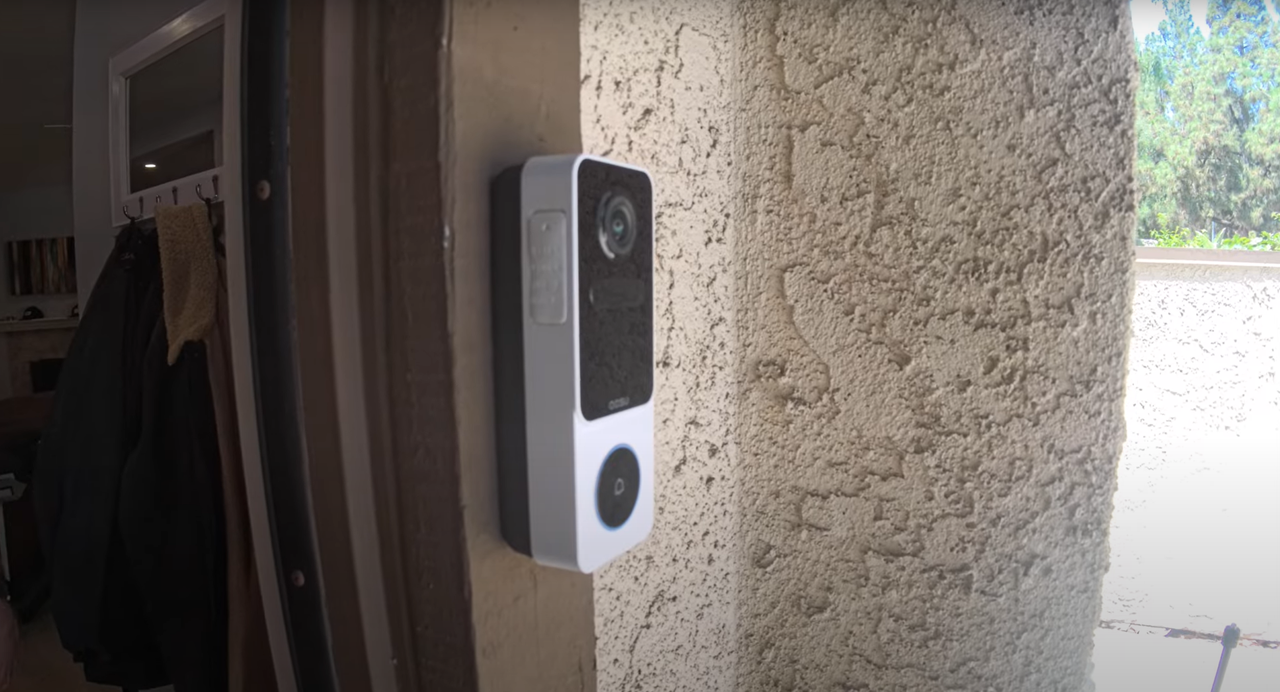

Zostaw komentarz
Ta strona jest chroniona przez hCaptcha i obowiązują na niej Polityka prywatności i Warunki korzystania z usługi serwisu hCaptcha.